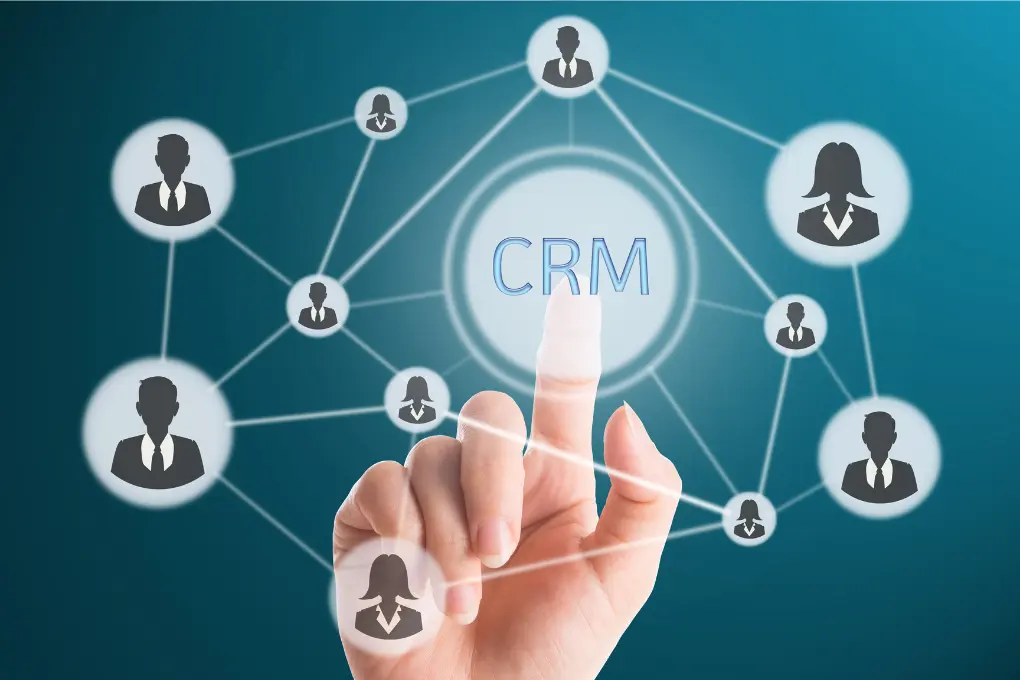
CRM, or Customer Relationship Management, is a strategic approach to overseeing a company’s interactions with both current and prospective customers. By leveraging technology, CRM systems streamline various business processes, boost customer satisfaction, and drive sales growth. These systems are designed to collect and analyze customer data, providing businesses with valuable insights into customer needs and behaviors. This enables more effective tracking of interactions and management of relationships. Additionally, CRM technology enhances communication channels, improves the quality of customer service, and supports informed decision-making. Through the integration of diverse tools and techniques, CRM systems not only help businesses foster stronger relationships with their customers but also contribute to achieving long-term business success. Overall, CRM plays a crucial role in optimizing customer engagement and ensuring that businesses can respond to their customers’ evolving needs with greater efficiency and precision.
Customer Relationship Management (CRM) is a strategic approach designed to optimize interactions with customers and prospects. It leverages technology to organize, automate, and synchronize various functions such as sales, marketing, customer service, and technical support. CRM systems play a crucial role in capturing and analyzing customer data, tracking interactions, and streamlining processes, which enhances overall customer relationships and boosts satisfaction.
By centralizing all customer information and interactions in one system, CRM enables businesses to make more informed decisions and tailor their services to meet specific needs. This centralization not only improves efficiency but also helps businesses build stronger connections with their audience. With CRM, organizations can better understand customer behaviors and preferences, allowing for more personalized and effective engagement strategies.

Customer Relationship Management (CRM) is a strategic approach to managing a company’s interactions with its customers and prospects. It involves using technology to streamline and improve various business processes such as sales, marketing, customer service, and support. CRM systems are designed to centralize customer data, automate tasks, and enhance communication, helping businesses build stronger relationships with their clients.
Why Use CRM?
The primary reason for using CRM is to improve customer interactions and overall satisfaction. By consolidating customer information into a single system, businesses can gain valuable insights into customer behavior, preferences, and needs. This enables companies to tailor their services, enhance customer support, and make informed decisions. CRM systems also help in tracking and managing sales opportunities, thus driving business growth and efficiency.
Where Did CRM Come From?
CRM systems have evolved from simple databases to sophisticated platforms that integrate with various business functions. The concept of managing customer relationships has been around for decades, but modern CRM technology began to take shape in the 1980s with the advent of computer-based systems. Over the years, CRM has grown to include advanced features such as automation, analytics, and cloud-based solutions, becoming an essential tool for businesses seeking to optimize their customer interactions and boost productivity.
